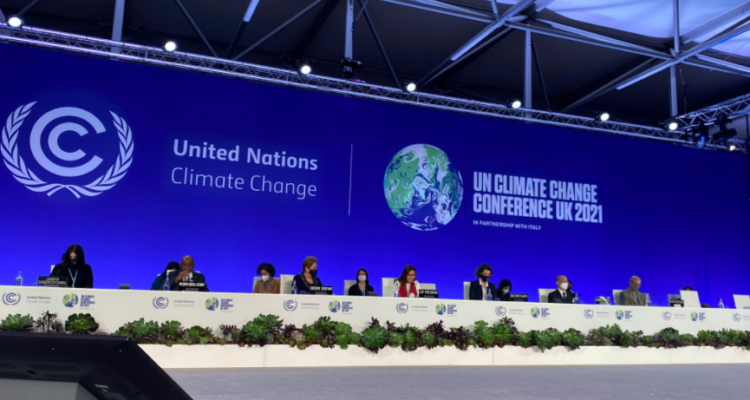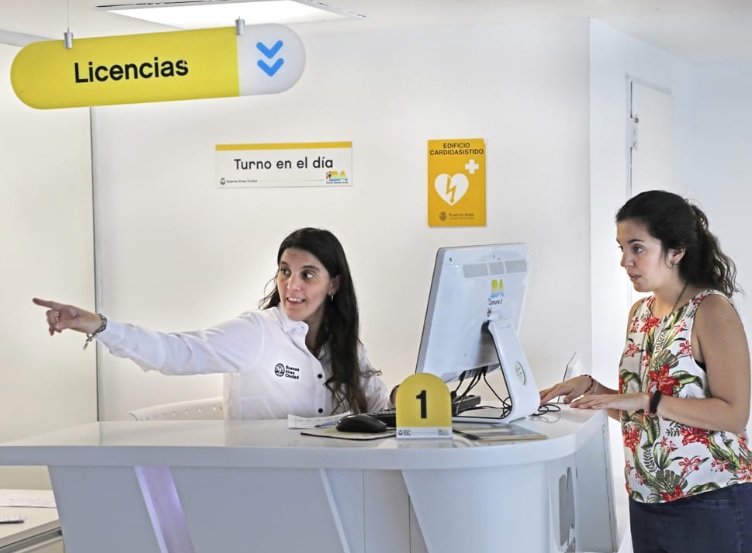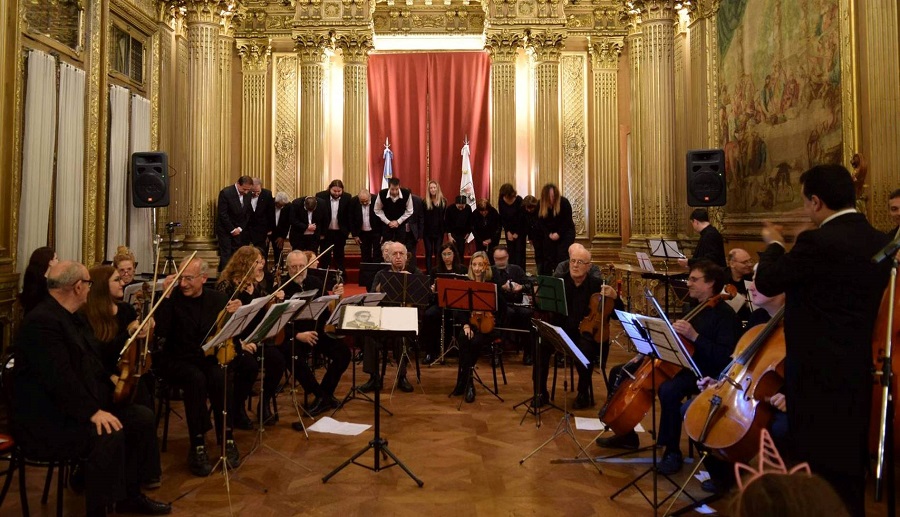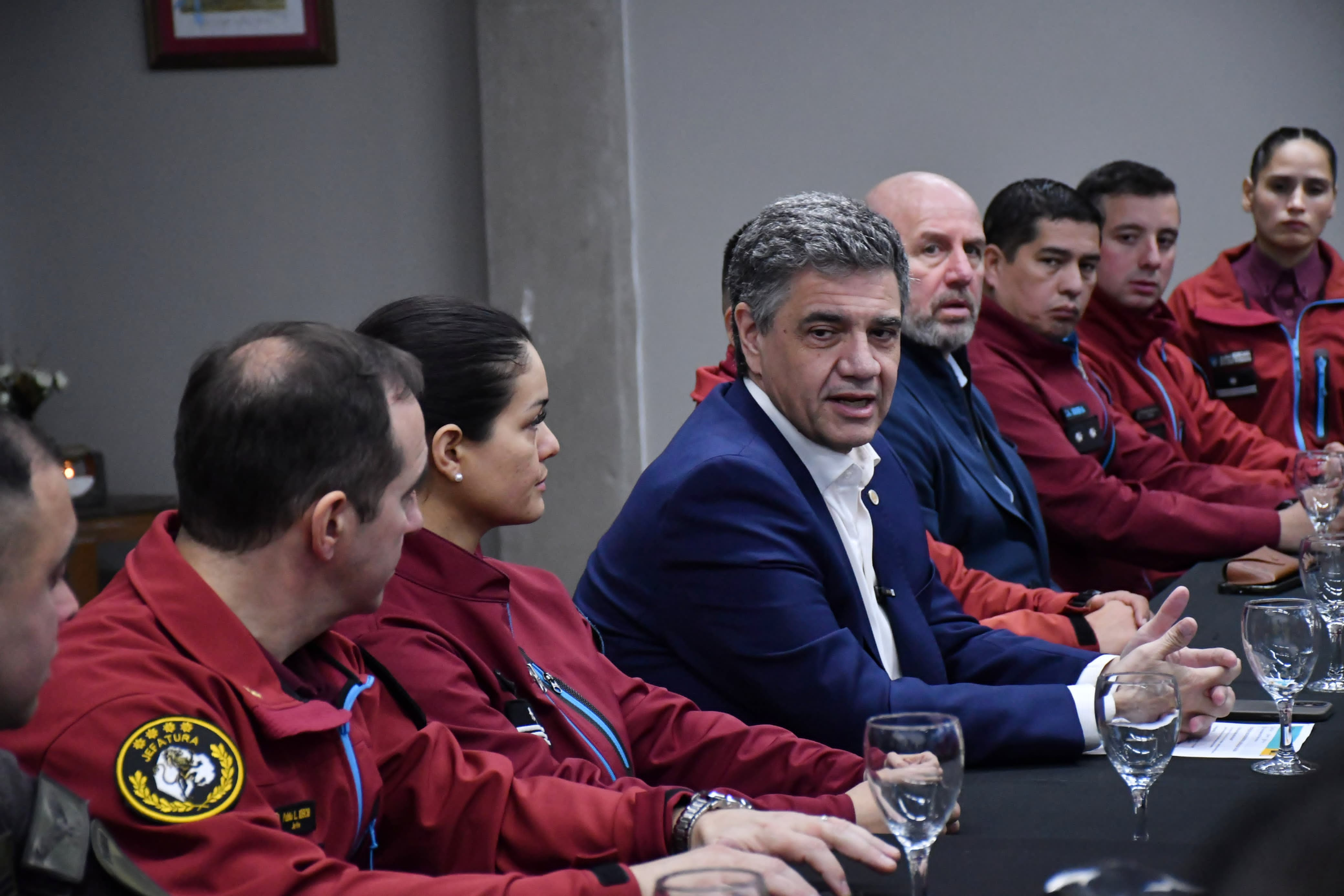
The UN Climate Change Conference has begun: for two weeks, the 197 signing countries will meet and debate about the climate change phenomenon, an ongoing crisis that is increasing to a concerning extent. Originally planned for 2020, and suspended due to the outbreak of COVID-19, the Conference will take place in the city of Glasgow, and will put up with the conclusions made in Madrid in 2019.
The goal of the COP is to discuss potential programs to reduce greenhouse gas emissions, one of the biggest causes and problems concerning climate change. That’s why, the task for the countries involved is to come up with action plans and compromises surrounding climate actions plans, as well as goals they hope to achieve. Besides, the Conference represents an open space to exchange, debate and generate negotiations between countries and civil organizations, which also take part in the event in activities, such as panels, workshops, and debate sessions concerning various environmental topics.
The story of the COP.
COP is an acronym for ‘Conference of the Parties’ and it was created as a part of the United Nations Framework Convention on Climate Change. The event’s first edition was held in Berlin in 1995. Since then, and annually, the Conference was held in different parts of the world. Year after year, various agreements, negotiations and protocols were produced, including binding targets for all member countries aimed at reducing GHG emissions (greenhouse gases and their derivatives) and protecting the ozone layer. In recent years, the most relevant of these accords is the Paris Agreement: a global convention to Combat Climate Change adopted by all of the 197 binding countries signed on April 22, 2016 in New York. The agreement proposes the limitation of the global temperature increase to 2 ° C from the reduction of GHG gases, to avoid an increase in climate damage. If achieved, this limitation would significantly reduce the emission of polluting gases, achieving a relevant and necessary advance for the environmental problem.
COP26: Objectives and action plans.
COP26 will bring together world leaders from all over the world. The main objective is to work together in the design of an action plan to accomplish the goals of the Paris Agreement. This COP stands out for its relevance, since the agreements and negotiations established in it will determine the possibility of reducing global temperature, and preventing it from rising to 3 ° C and 4 ° C. International meetings such as COP26 are of vital importance: not only because they allow the meeting between countries, officials and civil organizations worldwide, but because the guidelines established there contribute to setting international agendas on environmental issues. And because they allow, through dialogue and consensus, to establish collective and participatory solutions to face climate change.




